President Luong Cuong shakes hands with Hungarian President Sulyok Tamas before the start of their talks - Photo: NGUYEN KHANH
The Hungarian President's visit coincides with the 75th anniversary of the establishment of diplomatic relations between the two countries . General Secretary To Lam described the relationship between the two nations as "special" when meeting with the Hungarian leader on May 28.
Training nuclear power experts
During the meetings between senior Vietnamese leaders and Hungarian President Sulyok Tamas on May 28th, the Vietnamese side repeatedly mentioned Budapest's sincere assistance and support in the past, as well as during the country's development. This serves as the foundation for the two countries to continue strengthening their relationship in an increasingly substantive and effective manner.
According to the Vietnamese Ministry of Foreign Affairs , at the talks on May 28, President Luong Cuong and Hungarian President Sulyok Tamas reiterated that education and training is a traditional area of cooperation between the two countries.
It is known that thousands of officials, many of whom now hold important positions in the Vietnamese state apparatus and economy, were trained in Hungary in the past.
Currently, Hungary still awards 200 scholarships to Vietnamese students each year. This not only serves as a bridge of friendship, connecting the people of the two countries, but is also expected to contribute to Vietnam's national development goals.
The Hungarian President affirmed that his country is ready to cooperate in training in areas where Vietnam has high demand, such as healthcare, pharmaceuticals, information and communication technology, environment, and agriculture.
Both sides agreed on the need to strengthen effective cooperation in traditional areas such as defense and security, science and technology, agriculture, medicine, culture, tourism, and people-to-people exchanges, while promoting expanded cooperation in new areas such as digital transformation, information technology, environment, and water resource management.
During his meeting with President Sulyok Tamas, General Secretary To Lam requested Hungary's assistance in training nuclear power experts for Vietnam, given that the country has restarted nuclear power generation. Hungary is known to have decades of experience operating nuclear power plants using Russian technology.
Hungarian officials previously affirmed their readiness to assist Vietnam in training personnel to operate nuclear power plants, viewing this as a new strategic area of cooperation between the two countries.
Hungary is interested in Asia.
With a long history of friendship, there are high expectations that bilateral relations between Vietnam and Hungary will continue to develop more substantially in the future. This is entirely plausible, as the economy continues to be a bright spot in the relationship between the two countries, with bilateral trade reaching nearly 1 billion USD in 2024.
Cooperation in other areas such as education and training, environment, culture, tourism, defense and security, and people-to-people exchanges continues to yield positive results.
Both sides agreed to strengthen investment cooperation in areas where Hungary has strengths, such as information technology, energy, agriculture, food industry, healthcare, and pharmaceuticals, to serve as a bridge for Hungary to access the ASEAN market and for Vietnam to access the EU market, including the Central and Eastern European region.
According to observers, the Hungarian President's visit to Vietnam should be viewed within a larger context.
Budapest has shown increasing interest in Asia recently, as evidenced by the Hungarian President's visit to Japan prior to his trip to Vietnam, where he discussed everything from economic cooperation and trade to investment and other international issues.
For Vietnam, the visit is proof that Hanoi is sincere and loyal to its traditional friends. And, like Hungary, in the context of an uncertain world, Vietnam has sought out traditional friendly countries for mutually beneficial cooperation, serving its domestic development goals.
Writing on his official personal page on May 28, Hungarian President Sulyok Tamas emphasized that Vietnam is an important partner for Hungary, whether in political, scientific, cultural, technological, or economic relations.
"Mutual respect and shared values have been the deep-rooted foundation of this reality. The past decades have proven that we have a tremendous partnership," Tamas stated.
The future of relations between Central and Eastern Europe and Vietnam.
When the Central and Eastern European Business Association (CEEC) in Vietnam was established in 2015, Vietnam was in the process of opening up to the world. We then saw a unique opportunity to connect Central and Eastern European businesses with Asia – one of the most dynamic economic regions globally.
This year, as CEEC celebrates its 10th anniversary, many member states are also marking 75 years of diplomatic relations with Vietnam, including Poland, Hungary, the Czech Republic, Slovakia, and Bulgaria.
Trade is growing.
Over the past decade, bilateral trade between the CEEC and Vietnam has grown significantly, currently reaching approximately $10 billion, with Vietnam maintaining a trade surplus.
Vietnam's main export items to the CEEC region include electronics, textiles, and footwear. Meanwhile, Central and Eastern European countries mainly export machinery, pharmaceuticals, and high-tech equipment to Vietnam. Vietnamese businesses also highly appreciate the quality and reliability of products from Central and Eastern Europe.
Total investment from Central and Eastern European countries into Vietnam has now nearly reached $3 billion.
Countries like Poland, the Czech Republic, and Hungary have served as springboards for generations of Vietnamese entrepreneurs since the 1980s. Upon returning home, they bring not only capital but also unique insights into both Eastern and Western business environments.
This cultural and commercial bridge opens up many practical opportunities. The Vietnamese community can help CEEC businesses better understand the Vietnamese market, language, and local cultural values.
Both sides also share a common business spirit: valuing relationships, focusing on the long term, and working hard. These similarities form the foundation for deeper and more sustainable cooperation between the two regions.
Hungarian businesses have a long-standing presence in Vietnam and are actively supporting the digital transformation process in the pharmaceutical industry. Romanian and Slovak companies are operating in the energy sector, contributing to Vietnam's transition to renewable energy.
CEEC has also supported Czech businesses, such as the expansion of the Škoda car brand in Vietnam.
CEEC expectations
Above all, the Vietnamese government has created a fairly friendly environment for foreign investors. I believe that the current business environment continues to support and facilitate the success of Central and Eastern European businesses.
In that collaboration, we are now facing global changes, such as U.S. tariff policies. This presents numerous challenges but also opens new doors.
However, some common obstacles faced by CEEC businesses include legal barriers and delays in licensing, as well as inconsistent enforcement of standards across different localities.
To address these issues, CEEC will continue to promote administrative reform, suggesting the possibility of considering the deployment of a one-stop digital administrative platform to simplify procedures.
Vietnam should not be seen merely as a low-cost manufacturing location. It is a strategic hub where the wave of European innovation can connect with ASEAN's dynamic workforce. This combination is invaluable and increasingly important in a volatile global context.
Ultimately, the future of the Vietnam-CEEC relationship lies not only in trade or investment figures, but also in building a shared growth ecosystem.
We also encourage more businesses from Central and Eastern Europe to come to Vietnam to experience the vibrant culture here and to explore the opportunities and prospects in this market.
Mr. MARKO MORI (Chairman of CEEC) - Nghi Vu recorded
Tuoitre.vn
Source: https://tuoitre.vn/tang-cuong-quan-he-dac-biet-viet-nam-hungary-20250529075541783.htm


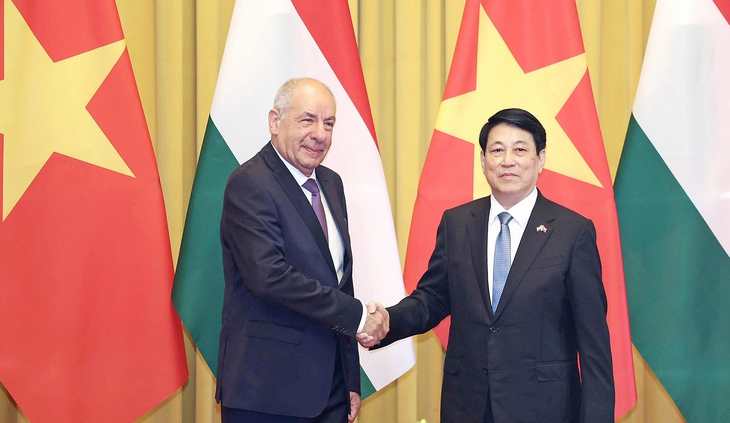



![[Image] Close-up of the newly discovered "sacred road" at My Son Sanctuary](/_next/image?url=https%3A%2F%2Fvphoto.vietnam.vn%2Fthumb%2F1200x675%2Fvietnam%2Fresource%2FIMAGE%2F2025%2F12%2F13%2F1765587881240_ndo_br_ms5-jpg.webp&w=3840&q=75)

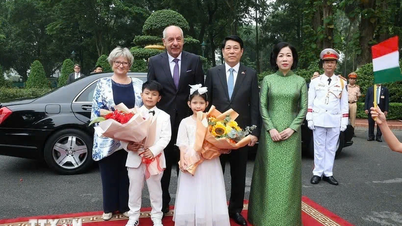

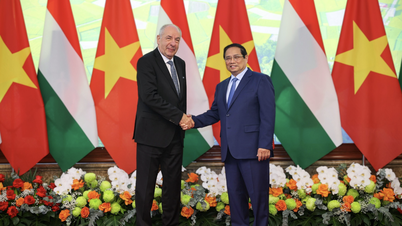



![[Photo] Vietnamese and Hungarian leaders attend the opening of the exhibition by photographer Bozoky Dezso](https://vphoto.vietnam.vn/thumb/402x226/vietnam/resource/IMAGE/2025/5/29/94d8ceca5db14af3bf31285551ae4bb3)

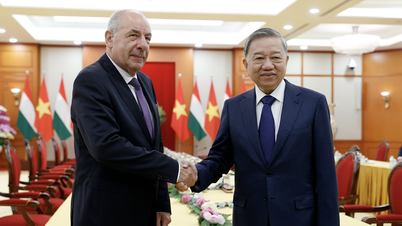

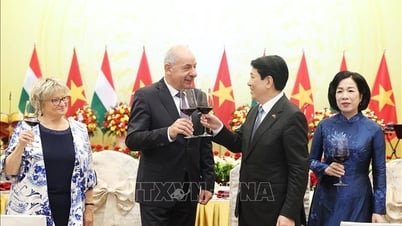

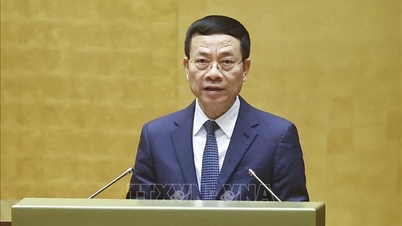
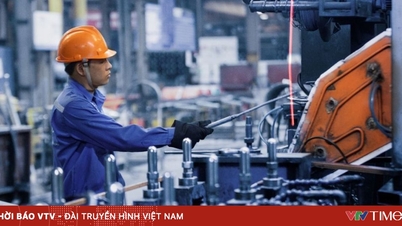











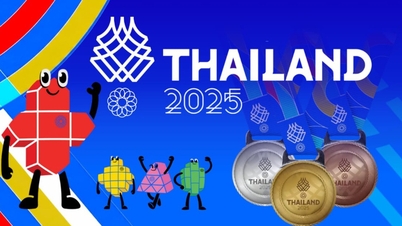
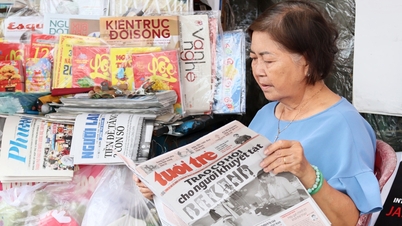





























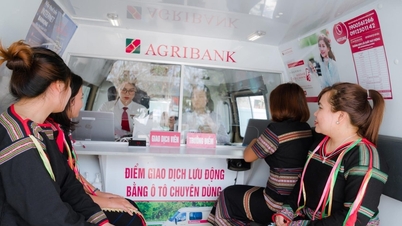
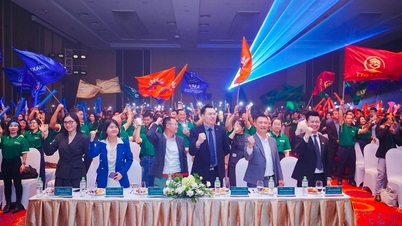
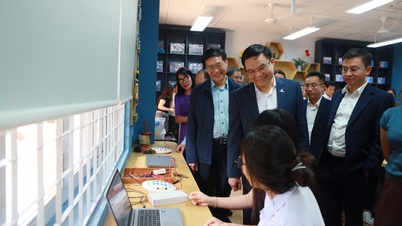








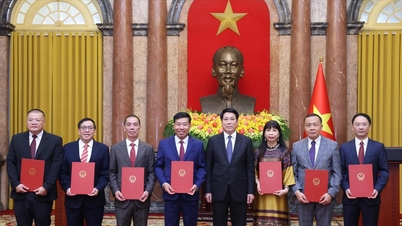

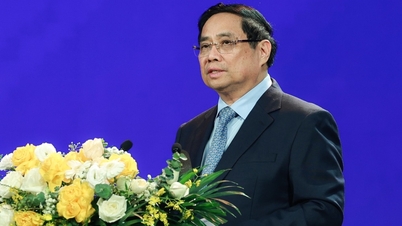

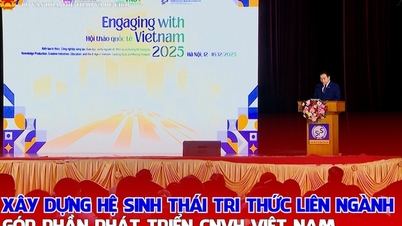








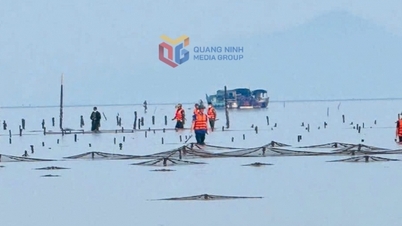

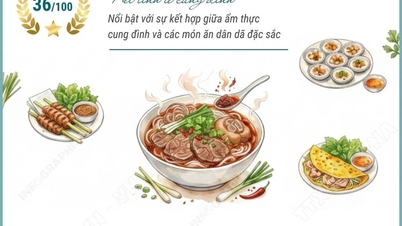



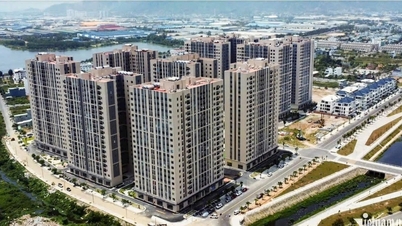
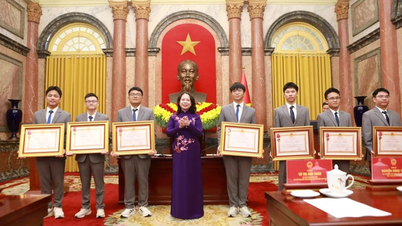

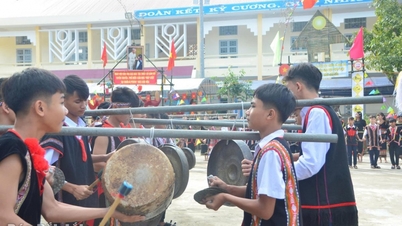














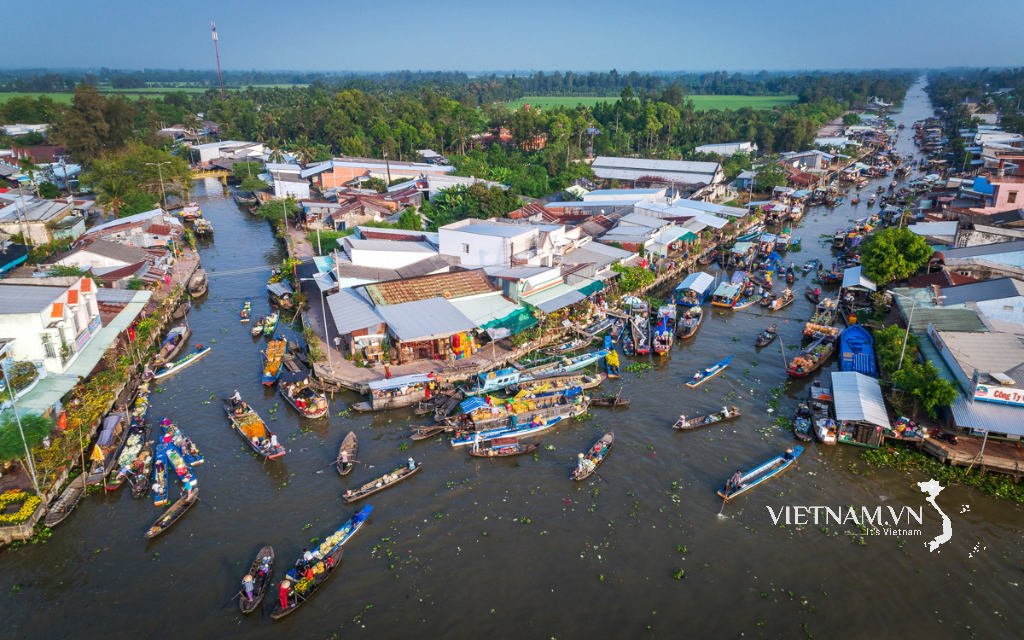
Comment (0)